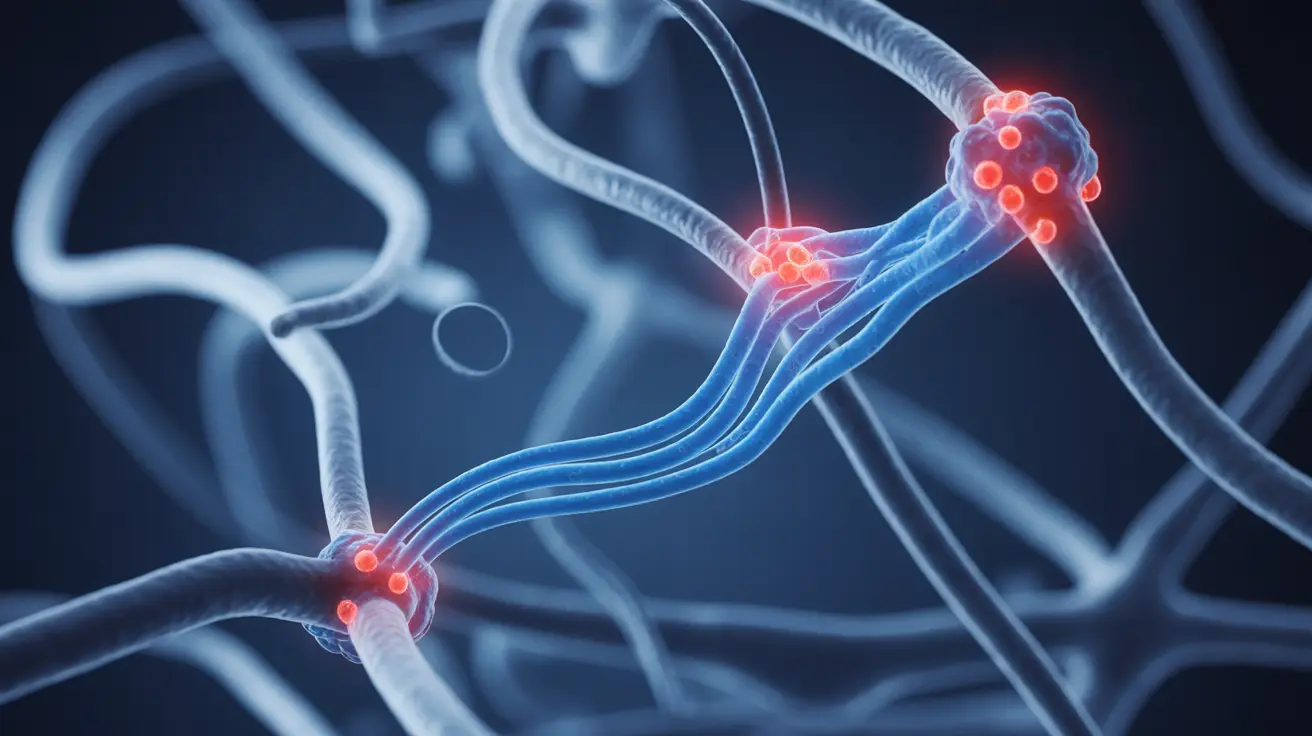Have you ever wondered why you feel more energetic at certain times of the day or struggle to wake up early despite countless alarms? The answer might lie in your chronotype, a biological pattern that influences your sleep-wake cycle, energy levels, and overall daily performance. Understanding your chronotype can be a game-changer in optimizing your daily routine and enhancing your well-being. Let's dive into the fascinating world of chronotypes and discover how this knowledge can transform your life.
What is a Chronotype?
A chronotype is your body's natural inclination to sleep and wake at particular times. It's essentially your internal clock, shaped by genetics and environmental factors. Your chronotype influences not just your sleep patterns, but also when you're likely to be most alert, productive, and even hungry throughout the day.
The Four Main Chronotypes
While individual variations exist, researchers have identified four primary chronotypes. Understanding which category you fall into can help you align your daily activities with your body's natural rhythms.
1. Bear Chronotype
Bears, the most common chronotype, tend to follow the solar cycle closely. They wake up easily with the sun and feel tired when it gets dark. Bears are generally productive in the morning, experience a post-lunch dip, and have a second wind of energy in the early evening.
2. Lion Chronotype
Lions are early risers, often waking before the sun. They're most alert and productive in the morning hours but tend to feel tired earlier in the evening. Lions often hold leadership positions due to their proactive morning energy.
3. Wolf Chronotype
Wolves are the night owls of the chronotype world. They struggle with early mornings but come alive in the evening hours. Their peak productivity often occurs in the late afternoon and evening.
4. Dolphin Chronotype
Dolphins are light sleepers and may struggle with insomnia. They're often anxious about sleep and most alert in the mid-morning to early afternoon. Dolphins tend to be perfectionists and may have trouble winding down at night.
How Your Chronotype Affects Your Daily Life
Your chronotype influences more than just your sleep patterns. It can impact your appetite, physical performance, cognitive function, and even your mood. For instance, Bears might find they're hungriest at lunchtime, while Wolves may not feel ready for a substantial meal until later in the day.
Understanding these patterns can help you schedule important tasks, meetings, or workouts when you're naturally at your best. For example, a Lion might schedule crucial presentations for the morning, while a Wolf might save creative work for the evening hours.
Determining Your Chronotype
Identifying your chronotype involves observing your natural patterns when you're free from external scheduling constraints. Pay attention to:
- When you naturally wake up without an alarm
- Your energy levels throughout the day
- When you feel most hungry
- Your most productive hours
Several online quizzes and assessments can help you determine your chronotype, but the most accurate method is observing your natural patterns over time.
Aligning Your Life with Your Chronotype
Once you've identified your chronotype, you can start making adjustments to your daily routine to work with, rather than against, your natural rhythms. This alignment can lead to improved sleep quality, increased productivity, and better overall well-being.
Tips for Optimizing Your Schedule:
- Schedule important tasks during your peak alertness hours
- Plan meals according to when you naturally feel hungriest
- Adjust your sleep environment to support your chronotype (e.g., blackout curtains for Wolves)
- Communicate your chronotype to family and colleagues to set realistic expectations
Remember, while it's beneficial to align with your chronotype, it's also important to maintain flexibility. Sometimes social obligations or work schedules may require adjustments, but understanding your natural tendencies can help you navigate these situations more effectively.
Frequently Asked Questions
What are the different types of chronotypes and how do they affect my daily routine?
The four main chronotypes are Bear, Lion, Wolf, and Dolphin. Each type has different optimal times for sleep, productivity, and energy levels. For example, Bears follow a solar schedule and are most productive in the morning, while Wolves are night owls who perform best in the evening. Your chronotype affects when you naturally wake up, feel hungry, and experience peak alertness, all of which can significantly impact your daily routine.
How can understanding my chronotype help me improve my sleep quality and overall well-being?
Understanding your chronotype allows you to align your sleep schedule with your body's natural rhythms. This can lead to more restful sleep, easier wake-ups, and better overall energy throughout the day. By working with your chronotype rather than against it, you can reduce sleep-related stress and improve your physical and mental well-being.
What are the practical benefits of aligning my daily schedule with my natural chronotype?
Aligning your schedule with your chronotype can lead to increased productivity, improved mood, and better physical performance. You can schedule important tasks during your peak alertness hours, plan meals when you're naturally hungriest, and set a sleep schedule that feels natural to your body. This alignment can reduce fatigue, increase job satisfaction, and even improve your relationships by helping you be at your best when interacting with others.
Can my chronotype influence my appetite, productivity, or physical activity levels?
Yes, your chronotype can significantly influence these factors. Different chronotypes experience hunger peaks at different times of the day. Productivity levels also vary; for instance, Lions are most productive in the morning, while Wolves peak in the evening. Physical activity performance can also be optimized by exercising during your chronotype's high-energy periods, potentially leading to better results and more enjoyable workouts.
How can I determine my personal chronotype and use it to optimize my daily activities?
To determine your chronotype, observe your natural sleep-wake patterns when free from external schedules. Pay attention to when you naturally wake up, feel most alert, and get tired. Online assessments can also help. Once identified, use this information to schedule important tasks during your peak hours, plan meals and exercise at optimal times, and adjust your sleep environment to support your natural rhythms. Remember to be flexible and make gradual changes to find what works best for you.
By understanding and working with your chronotype, you can unlock a more natural, energized, and productive version of yourself. While it may take some time to adjust your routines, the benefits of aligning with your body's internal clock can be truly transformative for your sleep, productivity, and overall quality of life.




